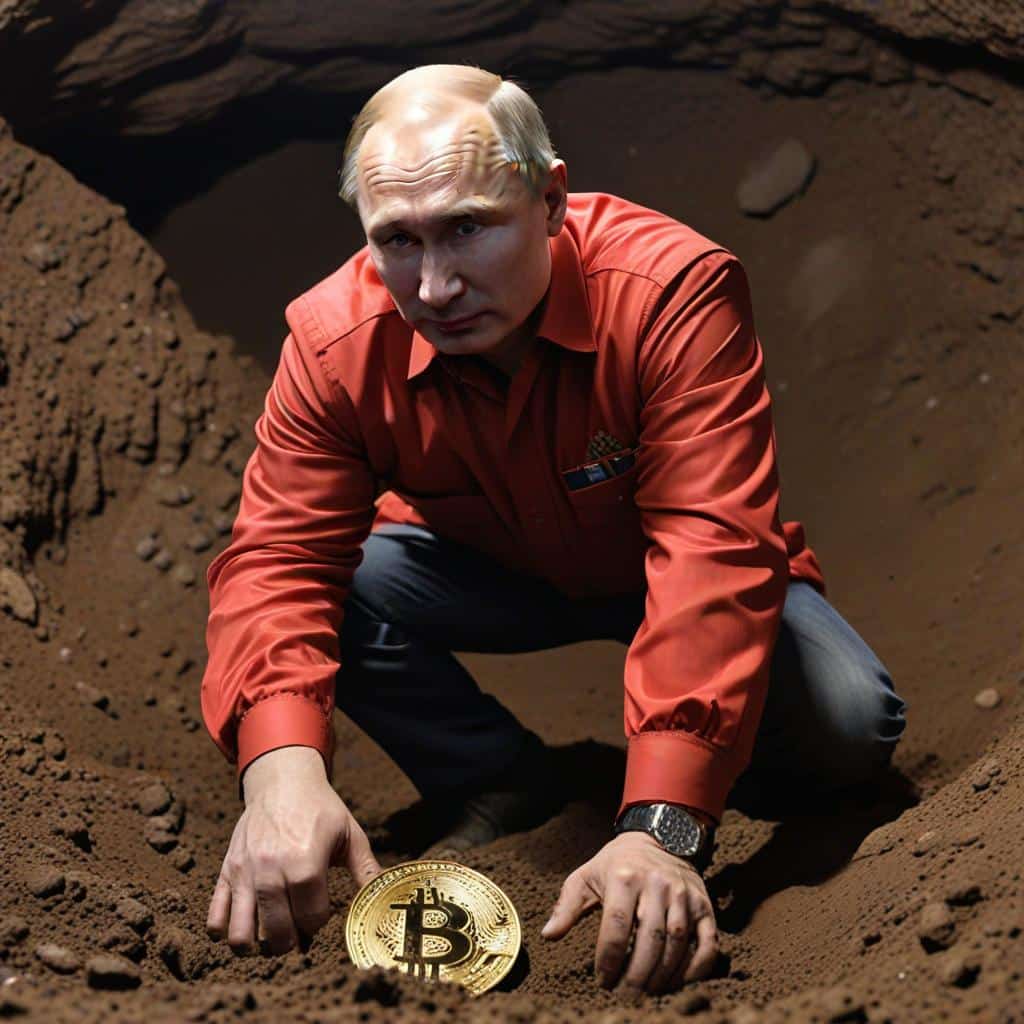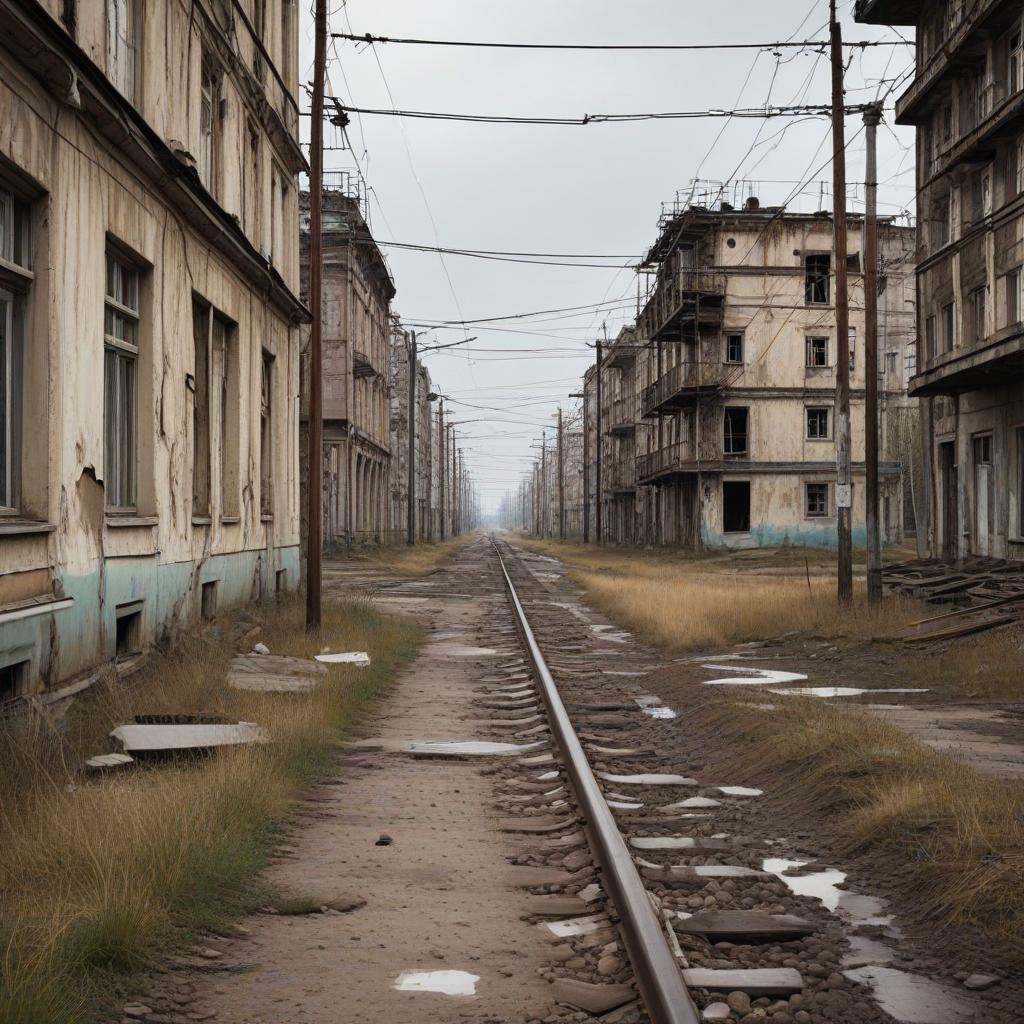Putin is Lying: Real Cause of Russia’s Energy Crisis is not Crypto Mining but Poor Infrastructure

Putin is Lying: Real Cause of Russia's Energy Crisis is not Crypto Mining but Poor Infrastructure
Vladimir Putin’s recent statements blaming cryptocurrency mining for Russia’s energy shortages overlook the real contributing factors. The real issues stem from inadequate infrastructure and ongoing drone attacks targeting energy facilities. But acknowledging these real issues would signal vulnerability, leading Putin to deflect blame onto a convenient scapegoat: cryptocurrency mining.
Know that across Russia, crypto mining accounts for only one and a half percent of electricity consumption.
Crypto Mining in Russia
Russia has emerged as a large player in the global cryptocurrency mining industry. Despite facing international sanctions and domestic regulatory challenges, the country has become the world’s second-largest crypto miner, following the United States. Russia’s share of global mining power has increased substantially due to the availability of cheap energy and a favorable climate for cooling mining equipment.
The influx of mining machines from manufacturers like Bitmain and MicroBT continues, even as the U.S. market becomes saturated. This shift has been bolstered by the migration of mining operations to Russia after China banned crypto mining in 2021.
A draft law to regulate cryptocurrencies is now in the Russian parliament, though a ban on crypto mining has not yet been proposed. Meanwhile, Russia plans to introduce the digital ruble on a large scale, issued by the Russian central bank.
Globally, the energy consumption of all crypto assets is between 0.4 percent and 0.9 percent of annual electricity use, or 120 to 240 billion kilowatt-hours per year—more than all the world’s data centers combined. However, in Russia, the immediate energy issues stem more from infrastructural deficiencies and drone attacks than from crypto mining.
Russia remains a key producer of cryptocurrencies, along with the United States and Kazakhstan. Crypto is often used by Russians living abroad to bypass Western sanctions.
Acute Energy Problem

The energy problem is acute in three regions in Siberia and in Southern Russia. Regions like Voronezh and Kursk have also been particularly hard-hit. In Voronezh, over 20,000 residents in several districts have faced power outages due to drone strikes. Kursk Oblast has also experienced major disruptions following attacks that damaged power lines and other infrastructure.
The Russian Energy Ministry Yevgeny Grabchak warned of possible rolling blackouts in Southern Russia due to the heatwave and the increased demand on the the electricity grid, but didn’t blame the crypto mining industry. He also said that Southern Russia and the Far East have long term problems with electricity supply, with a solution not being in sight.
The Russian Energy Ministry warned of possible rolling blackouts in Southern Russia due to the heatwave and the increased demand on the the electricity grid. Southern Russia and the Far East have long term problems with electricity supply. https://t.co/nIiLAQvOY0
— Stanimir Dobrev (@delfoo) July 17, 2024
More and more protests are expected to break out. On July 20 for instance, residents of Krasnodar staged a rare public protest to express their frustration over recent power cuts in southern Russia. Approximately 200 to 300 people gathered to demand that authorities restore the supply of electricity and water.
That the Russian (civilian) energy infrastructure is in a very bad state already became abundantly clear in the past few years. In regions like Podolsk and Elektrostal, residents have faced severe heating and power outages, especially during harsh winter conditions. For example, in Podolsk, a district of Moscow Oblast, around 20,000 people were left without heat during one of the coldest spells, another proof of the inadequacy of local infrastructure and slow response from authorities. This issue is compounded by the fact that the town’s heating is managed by a privately-owned boiler plant within an ammunition factory which has a ‘little bit’ complicated maintenance and oversight…
The overall decay of Russia’s municipal infrastructure has been a growing concern, with reports indicating that more than 70% of the infrastructure is outdated. This includes water pipes that are over 90 years old and heating systems that are well past their intended lifespan.
The situation is further strained by systemic corruption and mismanagement, leading to inadequate investment in modernization and repairs.
Infrastructure Failures and Drone Attacks Take Toll
On top of the miserable state of the energy infrastructure, Ukrainian drone strikes have successfully targeted key oil and gas facilities across several regions, including Smolensk, Belgorod, and Bryansk. These attacks have not only caused immediate power outages but have also led to a major rise in fuel prices within Russia. Diesel prices have surged nearly 10% in a single week, and petrol costs have increased by over 20% since the start of the year. The impact on Russia’s energy sector, which is struggling to keep up with internal demand, is therefore directly linked by the ongoing conflict
Poor infrastructure has been a longstanding problem in Russia, exacerbated by a series of Ukrainian drone attacks. These strikes have damaged key energy sites, including oil refineries and fuel depots. For instance, Ukrainian drones recently targeted energy facilities in the Smolensk region, causing extensive damage and fires. Such attacks are part of a successful broader strategy to disrupt Russian logistics and hinder its military operations.
A major oil refinery in southern Russia was also struck, forcing temporary suspensions at the Ust-Luga fuel export terminal.
In light of these attacks and the existing infrastructure issues, Putin’s emphasis on cryptocurrency mining is nothing else but a diversion from the more pressing and impactful problems facing Russia’s energy sector.
Russian Goverment into Bitcoin Mining
Putin’s accusations are also kind of weird in the light of the fact that the construction of a large new cryptocurrency mining center in Siberia was subsidized by the Russian government. This facility, constructed by Bitriver-B with the support of the Corporation for the Development of the Far East and the Arctic (KRDV), would house 30,000 crypto mining machines.
KRDV is controlled by the Ministry for the Development of the Far East and the Arctic and provides various state support mechanisms such as tax breaks and reduced electricity tariffs for this facility, indicating direct Russian government involvement in its operation.
In short, never believe Putin or the Russian Government.








